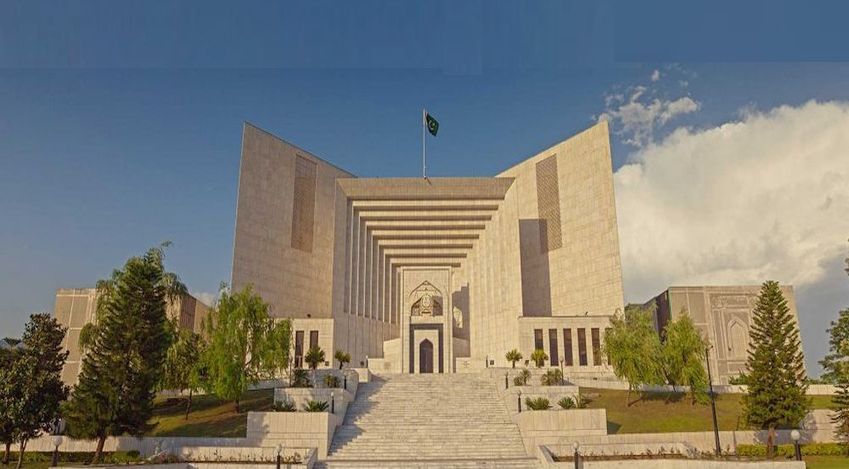Hypothetical Legislative Drafts are outside its Jurisdiction under Article 184(3) --- Petition dismissed by Supreme Court of Pakistan
Islamabad 05-11-2024: The Supreme Court of Pakistan has dismissed a petition filed under Article 184(3) of the Constitution, challenging a proposed law not yet introduced in Parliament. The case, [Civil Miscellaneous Appeal No. 89 of 2024], was brought by senior counsel Mr. Hamid Khan on behalf of the petitioners, who argued against the legality of the proposed legislation. However, the Court found the petition premature, stating that judicial intervention was inappropriate for legislative drafts that had yet to undergo the parliamentary process.
The bench, led by Mr. Chief Justice Qazi Faez Isa, with Mr. Justice Naeem Akhtar Afghan and Mr. Justice Shahid Bilal Hassan, emphasized that legislative power rests solely with the Parliament and cannot be curtailed by hypothetical challenges. Since the petition was based on speculative grounds, the Court reiterated its stance that it would not address hypothetical matters under Article 184(3), which grants jurisdiction only over cases of public importance involving fundamental rights.
The Court observed that only members of the National Assembly and Senate could enact laws, and noted that respondents, including the Principal Secretary to the Prime Minister and the President, could not be party to the petition, as they are shielded by constitutional immunities under Article 248.
Referring to the Legal Practitioners and Bar Councils Act, the judgment underscored that lawyers must avoid becoming parties to cases in which they seek to represent larger bodies, such as the Pakistan Bar Council, unless formally authorized.
The Court addressed the petitioner’s reliance on an interim order from the case of Raja Amer Khan Vs. The Federation of Pakistan (CP 6 of 2023), clarifying that only final decisions carry binding authority under Article 189 of the Constitution.
Due to procedural and justiciability concerns, the Court dismissed the petition as withdrawn. The ruling reaffirms the separation of powers, emphasizing the judiciary’s non-interference in speculative legislative matters and reinforcing constitutional protections for government officials in performing their duties.
Powered by Froala Editor








